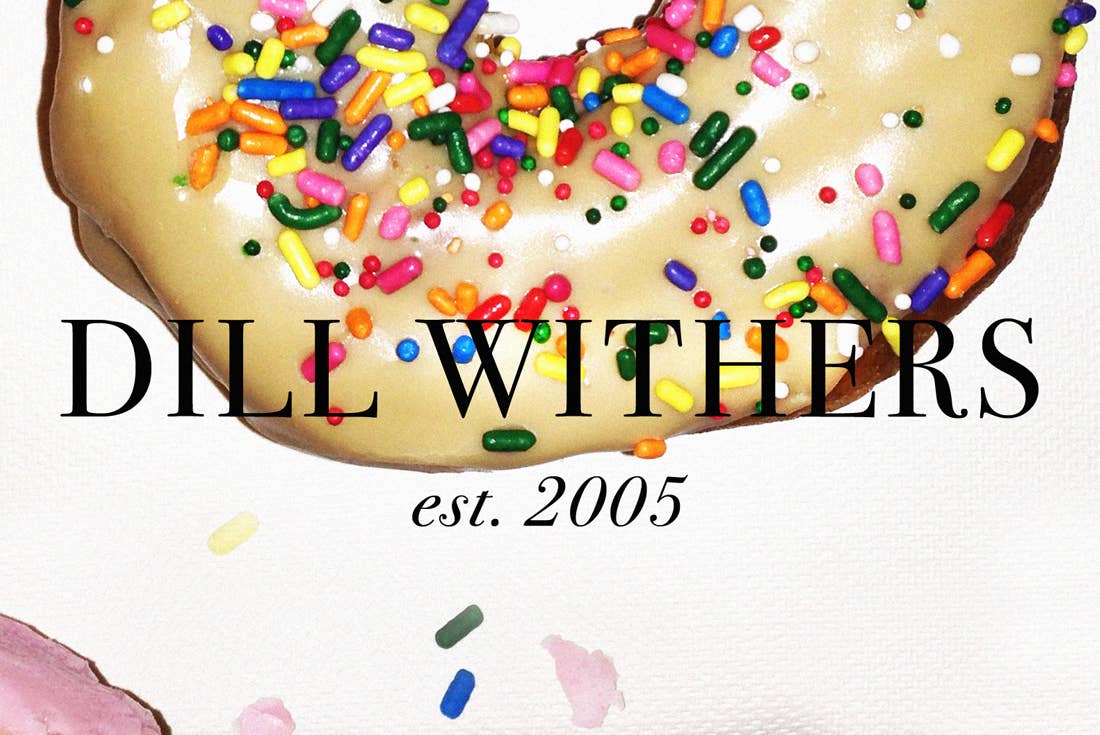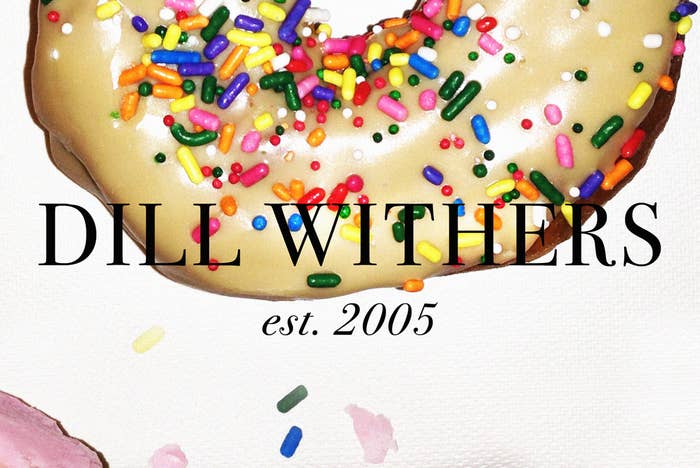
Still battling serious health issues, Yancey relocated from Detroit to Los Angeles in 2004, where he shared an apartment with Common and built beats in the dining room when he wasn’t undergoing aggressive treatment for his TTP. That illness was later complicated by a diagnosis of Lupus. His body’s immune system was malfunctioning, leading to kidney failure and the need for frequent dialysis treatments. Nevertheless he continued making music, albeit at a somewhat slower pace.
Dilla’s reputation had grown to the point where his beat tapes now flooded file-sharing sites. Major label politics and the compromises inherent in collaborative projects were the farthest thing from his mind. He had reached a point in his career where the only thing that mattered was creativity for its own sake—music as a form of self-medication, along with blunts and chocolate cake. He worked only with trusted fellow travelers: Common, Detroit spitter Guilty Simpson, his old mentor Amp Fiddler. The nickname Dill Withers has never been fully explained, but the unassuming singer/songwriter, responsible for melancholy jams like “Lean on Me” and “Ain’t No Sunshine,” seemed to fit the vibe of the time.
During the summer of 2005, some friends from the indie label Stones Throw Records visited him in the hospital bearing gifts: a Boss SP-303 sampler along with a little 45 rpm record player so he could build beats in his bed. Dilla completed 29 of the 31 songs that would comprise the album Donuts while still in the hospital, a box of 45s by his bedside. Most of the tracks are brief, some deceptively simple, others densely layered—characterized by what one Pitchfork reviewer called ”careful precision cleverly disguised as random spontaneity.” Given the circumstances of their creation all were, of course, unbearably poignant.
A lifelong fan of baked goods with a serious sweet tooth, Dilla always served his beats in “batches” of a dozen—just like cookies from the oven—with two batches filling a CD. In younger years he’d dated a girl who worked at Detroit’s Dutch Girl Doughnuts. “He would bring home at least two dozen doughnuts every night after he had already eaten one dozen,” his mother later recalled. Whether those memories inspired the album title is hard to say, but the entire project has a somber, reflective tone, like an autobiographical elegy.
In late 2005 he defied doctors’ orders and embarked on a tour of Europe with Frank-N-Dank, knowing it would probably be his last. Between shows he would take dialysis treatments or build beats in the hotel room, then his friends would wheel him to the stage and let him rock his rhymes while seated in a wheelchair.
AMP FIDDLER F/ GEORGE CLINTON “WALTZ OF A GHETTO FLY”

(2004)
Upon arrival in Los Angeles, Dilla’s musical journey came full circle as he reunited with Amp Fiddler. One can only imagine the deep conversation that must have preceded the recording of three tracks for Mr. Fiddler’s Waltz of a Ghetto Fly album. On the title track Amp gently avers that a waltzing ghetto fly will “never ever die.” Dilla’s track is a leisurely mélange of distant, chaotic piano chords, muted guitar picking, and murmured asides punctuated by gentle rimshots. Just when things can’t get any funkier, Fiddler’s old sparring partner George Clinton appears to lay down a pimptastic rap. The overall effect is not unlike a ritual incantation.
JACK MCDUFF’S “OBLIGHETTO (REMIX)”
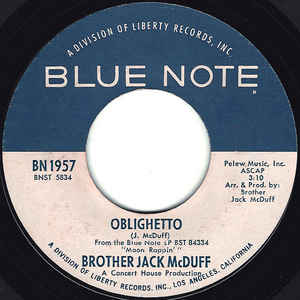
(2004)
When the venerable jazz label Blue Note Records invited Dilla to participate in its Blue Note Revisited remix project, Dilla chose to tackle “Oblighetto,” the track from Jack McDuff’s 1970 album Moon Rappin’ Moon Rappin’ that provided the source material for A Tribe Called Quest’s classic posse cut “Scenario.” Needless to say, Dilla took it in an entirely different direction. Using very little of the hard bop organist’s original track, he focused on a chilling section of wordless high-pitched vocals that would be appropriate for a horror movie, bringing the familiar Tribe break in only at the very end as a fitting crescendo. “The Blue Note remix was something he was proud of,” his mother later remarked. “It touched something deep in him because it was in a different vein, and it was also the music he grew up with—jazz.... He probably got more out of that than any gold or platinum plaque.”
COMMON, 'BE'
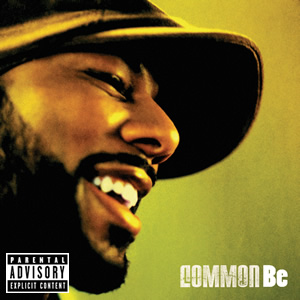
(2005)
After the disastrous flop that was Electric Circus, Common got down with Kanye West’s G.O.O.D. Music imprint and released the superb “don’t-call-it-a-comeback” album Be. The taut 11-track set, which was nominated for four Grammy Awards, featured two serenely beautiful Dilla productions. Following five uptempo songs, the gentle “Love Is...”—constructed from a sample of Marvin Gaye’s “God Is Love”—falls exactly at the album’s midway point. When Common raps, “Seen the hardest nigga soften with his homie in a coffin,” it’s impossible to overlook the subtext. The album closes with “It’s Your World (Part 1 & 2),” built on a soulful slice of “Share What You Got Keep What You Need,” the final track off the Modulations’ 1975 album, It’s Rough Out Here. Common raps the first part, followed by an interlude in which children’s voices can be heard saying what they want to be when they grow up. The second part is a spoken-word piece laid down by Common’s father, Pops. “Be,” he says. “Be here. Be there. Be that. Be this. Be grateful for life. Be grateful to life. Be gleeful every day…. Be that last one of 144,000. Be the resident of the 12th house. Be”—he pauses before whispering the last word over James Poyser’s poignant piano—“eternal.”
WU-TANG COLLABS
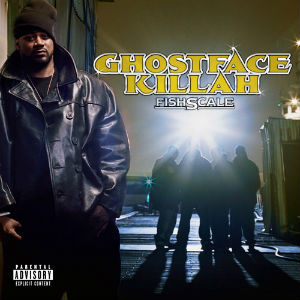
(2006-2009)
Ghostface Killah’s Fishscale album was released at the end of March 2006, less than two months after Dilla’s death. But unlike so many other posthumous Dilla releases, “Whip You With a Strap” was crafted with Ghostdini in mind. By this point in his life, Dilla would only spend his precious time and energy on projects he really cared about. “One for Ghost,” the title of track 23 from Dilla’s final album, Donuts, spoke for itself. The sample of Luther Ingram's “To the Other Man” was a quintessential Tony Starks joint, and he also recorded the song “Beauty Jackson” using the Donuts instrumental “Hi.” And while Raekwon’s Only Built 4 Cuban Linx... Pt. II would not be released for another three years, Dilla reportedly cooked up the tracks for “House of Flying Daggers”—a frenetic posse cut featuring Inspectah Deck, Ghost, and Method Man—and “Ason Jones,” a wistful tribute to the late Ol’ Dirty Bastard, especially for the Chef.
STEVE SPACEK “DOLLAR”
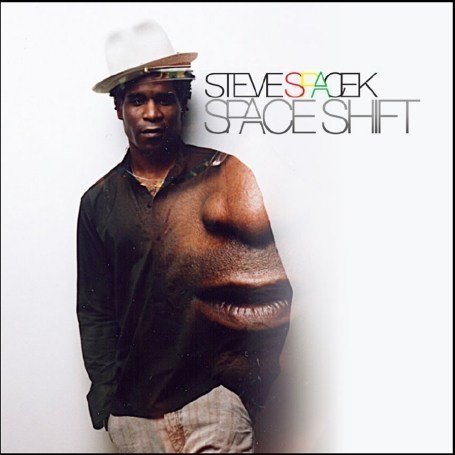
(2005)
One of the more serendipitous collabs of Dilla’s last days occurred when Steven White of the British R&B band Steve Spacek booked studio time near Common and Dilla’s Hollywood apartment. “We met up at his place, rolled a blunt, and got straight down to it,” the singer, who had previously met Yancey in London, recounted. “Jay man, just bless me with something for my album,” White asked. “Yo, Spacek, I don’t know if I have anything ready for you now,” Dilla replied, sorting through DAT tapes. “Not even a couple of minutes have passed when he lands on the Billy Paul thing, looks up at me, and just lets it roll. As soon as I hear it, what with the ‘yeh-yeh-yeh’ vocal going through, I knew that it was the one.” They finished the track, with its surreal, intersecting vocal loops, the same day. It soon became a single off the singer’s solo debut, Space Shift.
J DILLA, ‘DONUTS’


